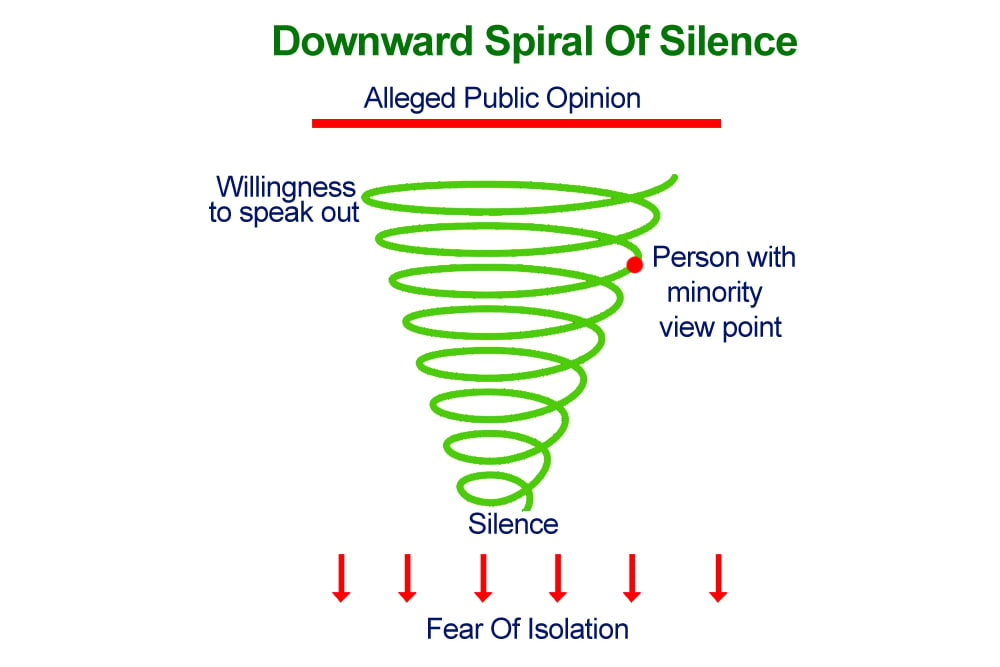For our second Each One Teach One presentations, we had the opportunity to learn about different terms and concepts
. It was incredibly interesting to learn about not only my topic but many others. I particularly likes Shanice Gamble's presentation on misinformation, disinformation, and fake news.
Shanice likened misinformation to a game that we played as children called "telephone". In this game, one person made a statement and it was repeated down the line until it came out as something completely different at the end. Disinformation on the other hand is the deliberate misleading of a narrative or facts, often called propaganda.
The term here that we hear the most about is fake news. This frase has been used everywhere but was most famously used in abundance durning the presidential term of Donald Trump. This is the manufacturing and fabricating of false information that poses as real news in the mainstream media.
All of these stem from one issue: confirmation bias. This happens when people ignore new and possibly more true information because it does not correspond with the beliefs that they already hold. This is becoming more of an issue now-a-days with social media companies like instagram and snapchat pushing articles with misleading titles or even downright incorrect information.
These things can impact us in so many ways from bad grades on assignments to incorrect medical advice. It is always important to double and triple check your sources especially when it comes down to things like vaccinations and illness symptoms because it could make the difference between life or death.







